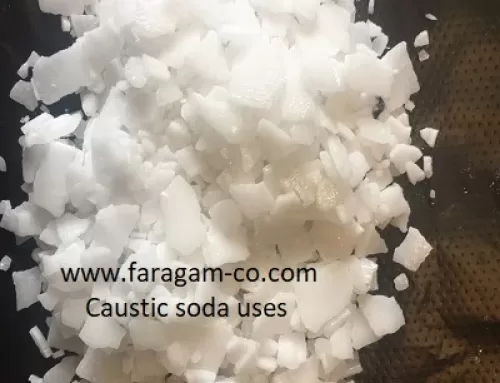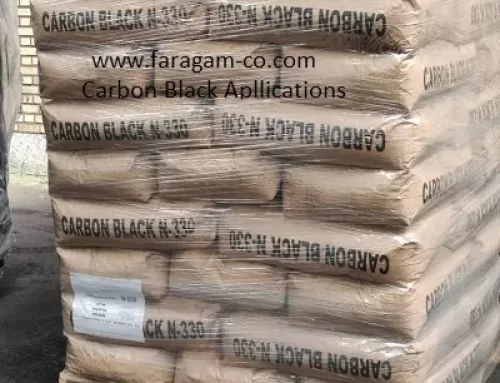
Oxidized bitumen VS Penetration bitumen
Oxidized Bitumen VS Penetration Bitumen are two distinct types of bitumen used in construction and industrial applications, but they differ in terms of production process, properties, and applications.
1. Oxidized bitumen (blown bitumen): Production: Oxidized bitumen is produced by blowing air into hot bitumen. This process changes the molecular structure, increasing the level of oxidation, resulting in a harder and more temperature-stable product.
Properties: Higher softening point Higher viscosity. It is more resistant to temperature changes. Better elasticity and flexibility. Better resistance to water and aging.
Applications: Roof and waterproofing. Asphalt-based adhesives. Industrial coatings and pipe coatings. Electrical applications (insulation). Paint and glaze production.
2. Permeable bitumen: Production: Permeable bitumen is produced through the distillation of crude oil, where the degree of penetration is determined by the hardness or softness of the bitumen. It is classified based on its penetration value, which is measured by the penetration rate of a standard needle into the bitumen at a certain temperature.
Properties: Softer and more flexible compared to oxidized bitumen. Lower viscosity It is more suitable for road construction. Less resistance to temperature changes.
Applications: Asphalt and road surface. Production of asphalt for road construction runways, parking lots and other surfaces that require flexibility.
Oxidized Bitumen VS Penetration Bitumen Key differences
Softening point: oxidized bitumen has a higher softening point and is more resistant to high temperatures. Penetration value: Penetration bitumen has a variable penetration value (usually less) based on the application and flexibility required.
Applications: Permeable bitumen is mainly used in road construction, while oxidized bitumen is more suitable for industrial applications such as waterproofing and insulation. In summary, oxidized bitumen is more durable and suitable for industrial applications that require high temperature resistance, while permeating bitumen is widely used for road construction where flexibility is critical.





Leave A Comment